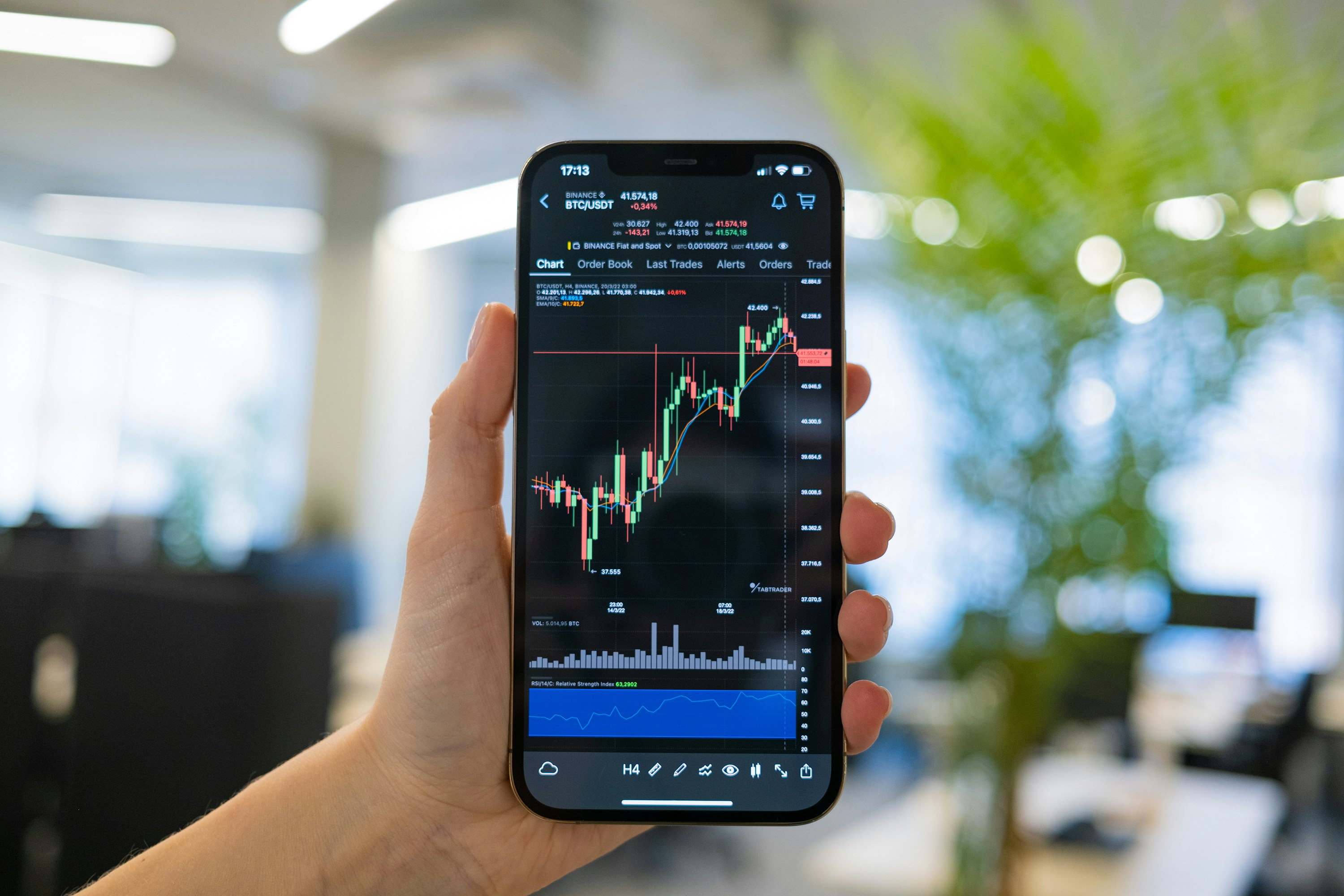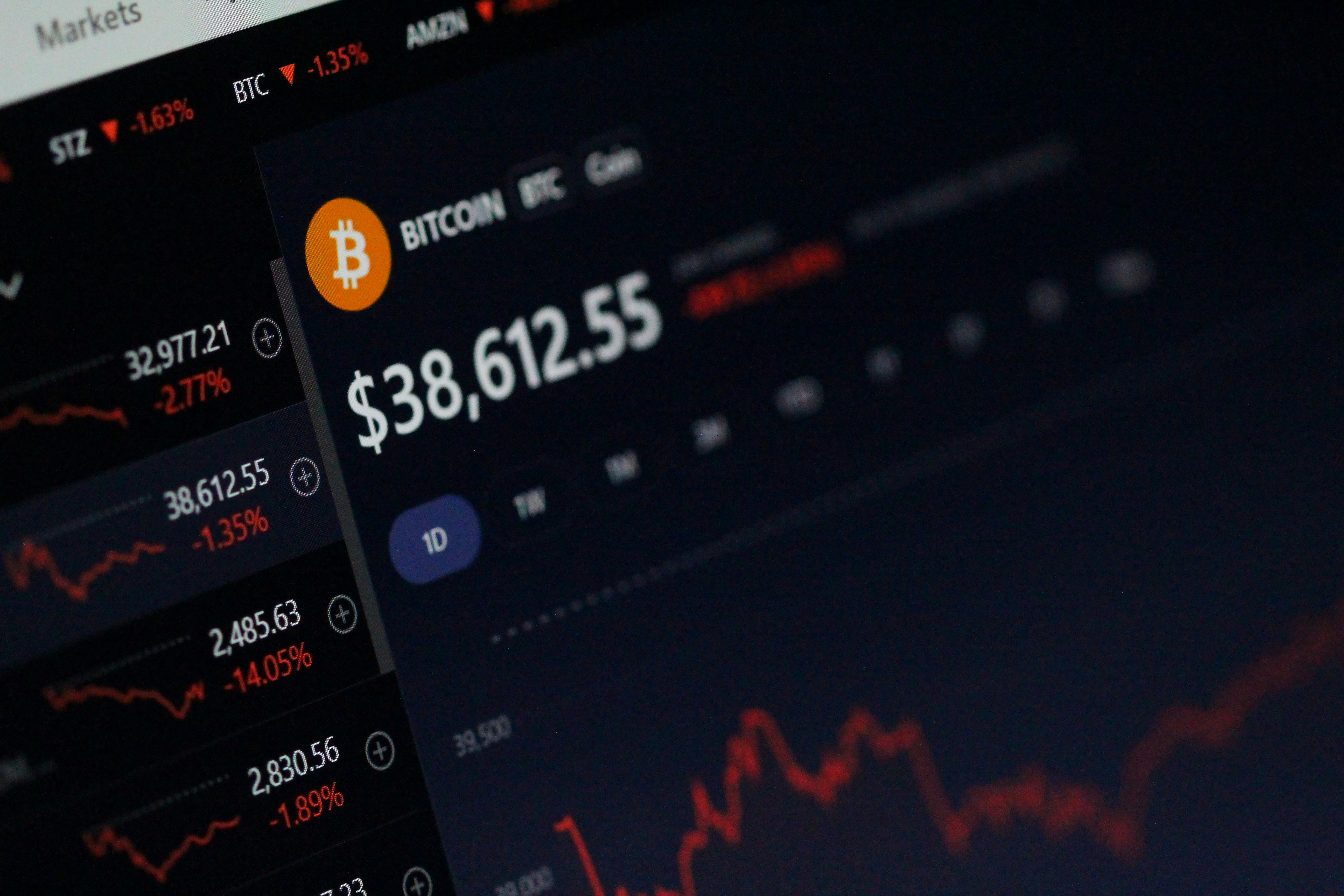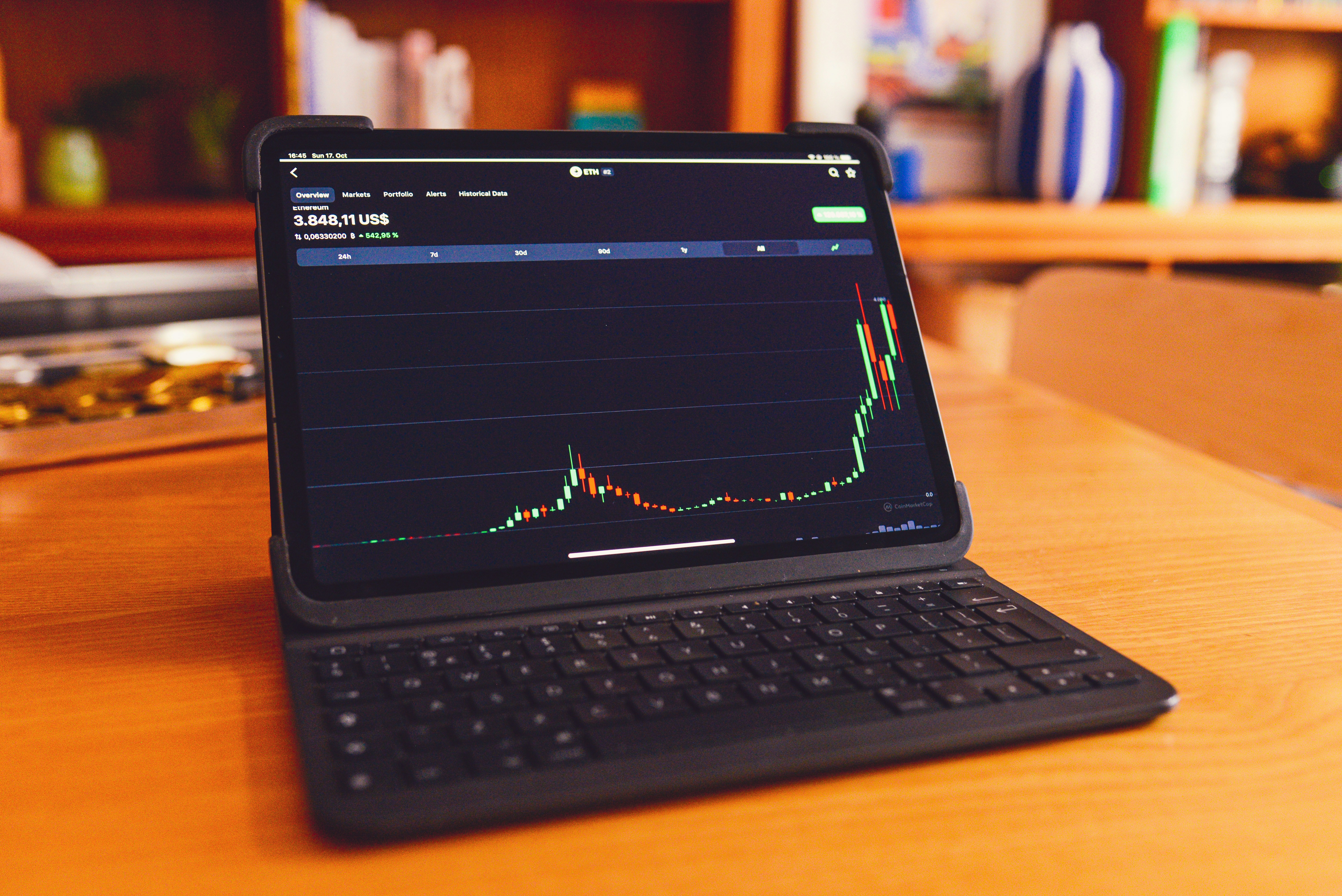
Mastering Institutional Crypto Trading: Strategies for Success
The crypto space is witnessing a significant shift as institutional interest escalates, solidifying cryptocurrencies as a viable asset class for major financial entities. This transition from retail to institutional dominance in trading volumes reshapes market dynamics, with institutions contributing to increased market capitalization and liquidity. As these large-scale investors integrate digital assets into their portfolios, they leverage sophisticated crypto market intelligence designed for institutions, enhancing their decision-making processes and market strategies.

Institutional investors’ involvement in the crypto market is pivotal. Their entry enhances the credibility of digital assets and introduces a new level of stability, reducing price volatility. With their extensive financial resources and strategic investment approaches, these institutions drive regulatory advancements and innovation within the financial products and services sector. This influx of institutional participation attracts more conservative investor bases and supports the development of a mature, structured, and robust market infrastructure. Several distinct differences mark the transition from retail to institutional crypto trading, each impacting the market profoundly.

Size of Investments: Institutional traders typically engage in much larger volumes of transactions than retail traders. This scale can significantly affect market liquidity and price stability, emphasizing the need for comprehensive market data to provide robust market analysis.

Trading Strategies: While retail traders often focus on shorter-term gains based on technical analysis, institutions implement complex strategies that involve long-term holdings, derivatives, and sophisticated hedging tactics. These strategies are informed by comprehensive insights from real-time market data APIs, allowing for more calculated and diverse investment decisions.

Available Technology/Infrastructure: Institutional traders can access advanced platforms and infrastructure designed specifically for high-volume trading. This includes integrated solutions that offer enhanced security, superior execution speeds, and the ability to manage large transactions seamlessly.

Risk, Regulations, and Compliance: Institutions are subject to stricter regulatory requirements than retail traders, significantly influencing their trading behaviors. Compliance with these regulations requires a meticulous approach to risk assessment and management, supported by detailed audits and reporting that can be streamlined through specialized technological tools.

Order and Execution Management: Order and execution management is a critical component of institutional trading, emphasizing the need for precision, speed, and efficiency. Smart order routing becomes essential in this context, ensuring that trades are executed at the best possible prices across multiple trading venues with the best market data. This technology minimizes market impact and improves trade execution quality, crucial for managing large order volumes typical of institutional trading.

Institutional Trading Platforms and Tools
Several advanced trading platforms cater to institutional needs, offering features that support complex trading strategies, enhance liquidity access, and provide robust custody solutions. These platforms offer institutions a comprehensive suite of trading tools, including advanced algorithmic orders, deep liquidity pools, and dedicated custody services. Some trading platforms even provide robust trading solutions with high-frequency trading capabilities and strong security measures, making them a favorable choice for institutions seeking to engage in the crypto market aggressively.

Investors can also enjoy a seamless trading experience with algorithmic trading systems that support automated strategies, reducing the need for manual intervention and allowing for more strategic trading at scale. Flexibility and efficiency in liquidity are crucial, particularly for institutions looking to optimize their trading strategies in decentralized finance markets.

Institutional investors leverage sophisticated trading strategies that align with their complex needs and risk management frameworks. Each strategy is tailored to maximize returns, manage risks, and capitalize on the unique characteristics of the crypto markets. As the crypto space continues to evolve, institutional involvement will undoubtedly play a crucial role in shaping the future of digital assets, driving innovation, and establishing a more stable and mature market environment.



